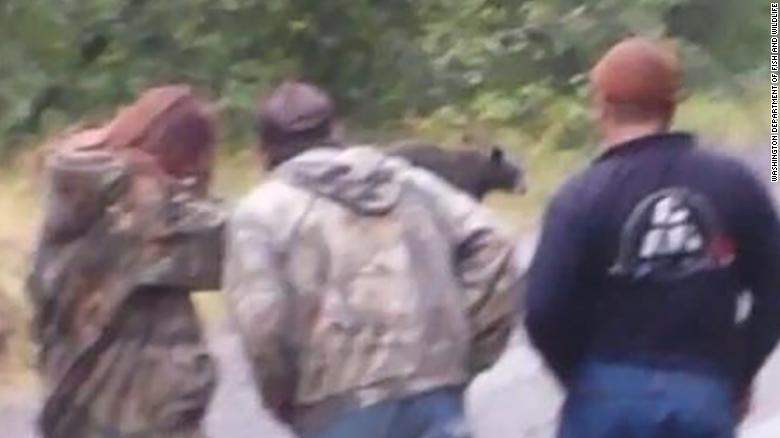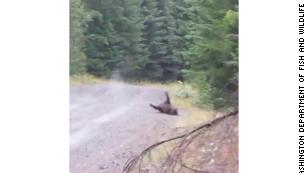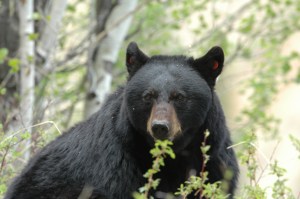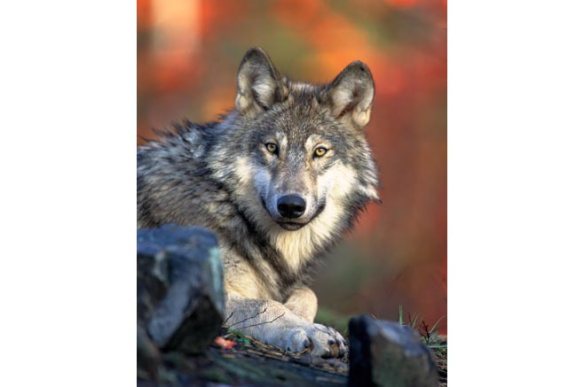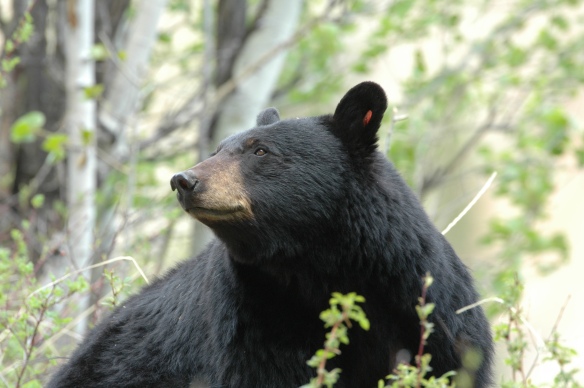By Kitty Block and Sara Amundson
November 16, 2020 0 Comments
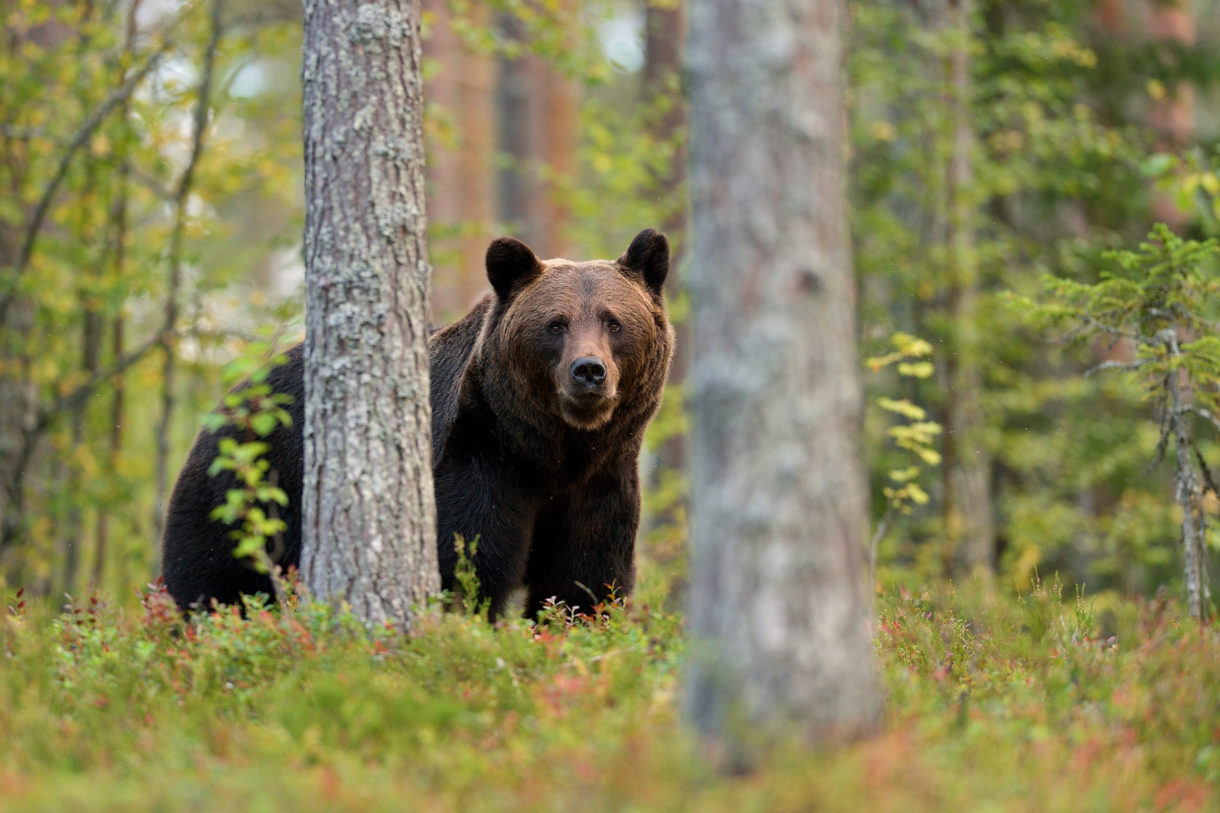
Baiting brown bears– luring them with rotting piles of sugary foods and then killing them– is an extreme practice that biologists have raised alarms about. Photo by Erik Mandre/iStock.com33.8KSHARES
A federal court has ruled that brown bears in Alaska’s Kenai National Wildlife Refuge should continue to be protected from the cruel and biologically unsound hunting practice of baiting—luring these animals with piles of rotting foods like donuts and pastries and then killing them.
The Humane Society of the United States and our coalition partners, led by Trustees for Alaska, intervened in a lawsuit in 2017 to defend an Obama administration rule that, among other protections, banned the baiting of brown bears. We did so because the state of Alaska and trophy hunting groups, including Safari Club International, went to court soon after that rule was finalized in 2016 to try and overturn it.
On Friday, Judge Sharon L. Gleason of the federal court for the District of Alaska sided with us on maintaining protections for brown bears, ruling that state law does not control federal wildlife management on federal lands such as the Kenai National Wildlife Refuge. The judge also discussed the extreme harm that baiting does to vulnerable brown bear populations, and held that it was reasonable for the U.S. Fish and Wildlife Service to be concerned that potentially habituating bears to human food could create dangerous bear-human interactions.
The ruling sends a clear signal to the Department of the Interior, which is now in the process of overturning that rule to allow bear baiting on Kenai, that this practice is not in the best interests of Alaska’s wildlife.
This is a huge victory—and a welcome one—but the work to protect Alaska’s wildlife is far from over. In addition to the proposed rule attempting to overturn protections for brown bears on Kenai, the administration has given trophy hunters the green light to kill Alaska’s bears, wolves and other wildlife using some of the cruelest hunting methods on 20 million acres of pristinely beautiful national preserves. We are now fighting that decision in court.
Baiting brown bears is an extreme practice—one that biologists have raised alarms about because of its ability to dangerously decimate bear populations and habituate bears to human food, and due to rotting baits’ toxicity to all animals in the environment.
Alaska’s brown bears and other wildlife already face multiple threats, including loss of habitat, climate change and heavy persecution under the Alaska Board of Game’s scientifically unsupported “intensive management” regulations. Allowing trophy hunters to mow them down with practices that are as cruel as they are unnecessary is not something Americans want or support. Even as we celebrate this court victory, we will continue our work full-steam to ensure that lawmakers fulfill their scientific, moral and legal responsibilities to conserve and responsibly manage wildlife on federal lands.
Sara Amundson is president of the Humane Society Legislative Fund.


